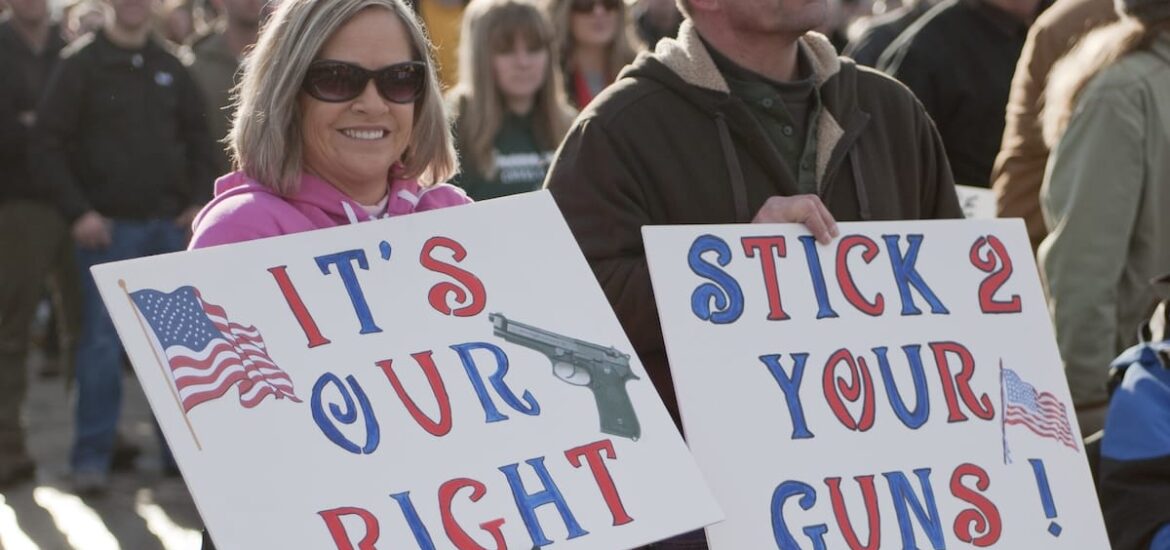Guns in America: a topic steeped in history, law, and personal beliefs. In a nation where the right to bear arms is enshrined in the constitution, understanding the nuances of gun ownership is crucial. Let’s dive into the data, exploring key insights and trends shaping attitudes and behaviors around firearms in the United States.
#1. Gun Ownership Rates

Approximately one-third of U.S. adults personally own a firearm, with 40% of men and 38% of White Americans reporting gun ownership.
Republicans are more than twice as likely as Democrats to own guns, and rural residents are more inclined towards firearm ownership compared to urban and suburban dwellers.
#2. Reasons for Gun Ownership

For many gun owners, personal protection is the primary motivation behind firearm ownership, cited by 72%. Other reasons include hunting (32%), sport shooting (30%), and gun collection (15%).
The proportion of gun owners citing protection as a major reason has increased slightly since 2017.
#3. Future Gun Ownership

Non-gun owners are divided on future ownership, with 52% unable to see themselves owning a gun and 47% open to the possibility.
Republicans and men are more likely to consider future gun ownership, reflecting differing attitudes across demographic lines.
#4. Views on Gun Safety
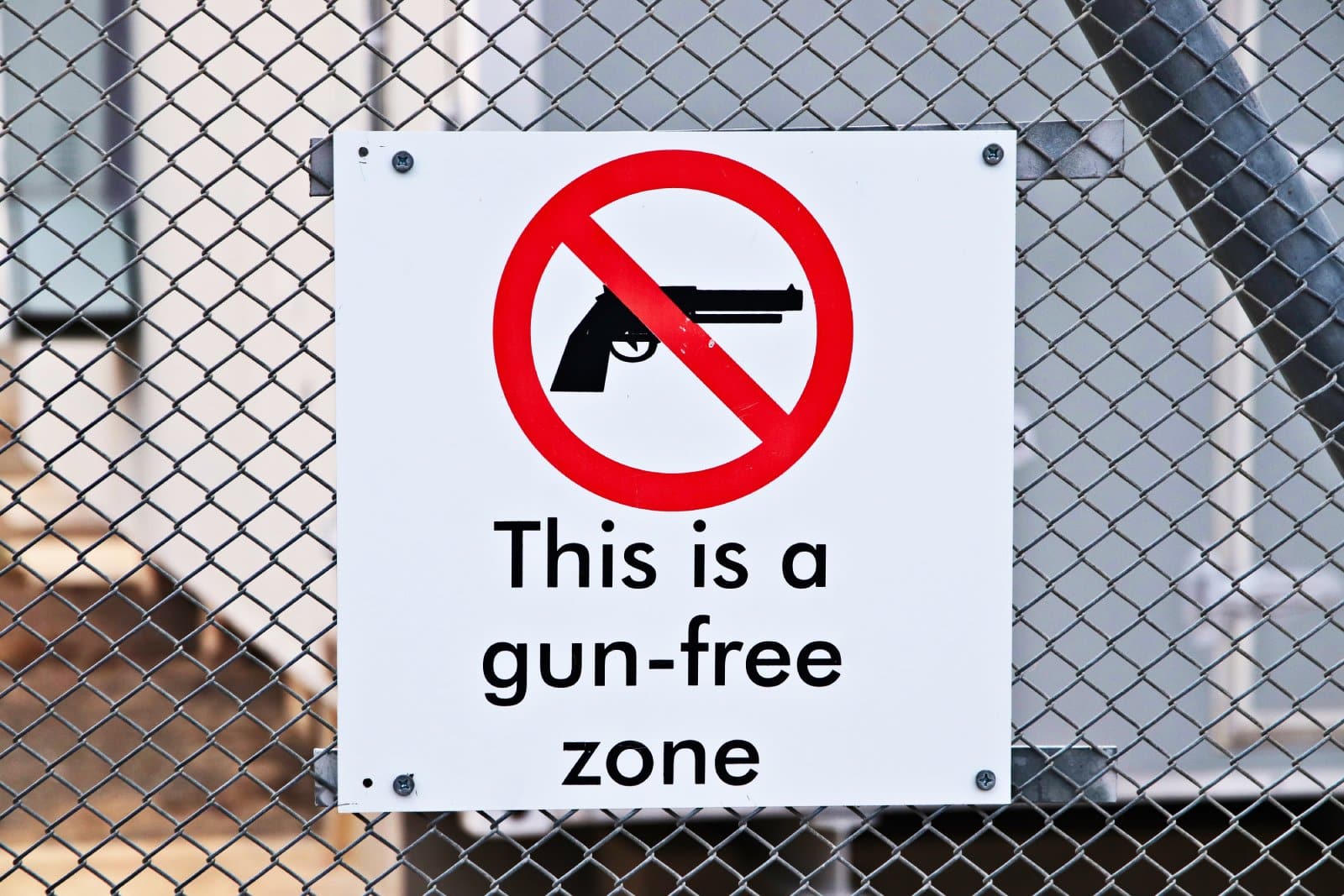
Opinions on whether gun ownership enhances or diminishes safety are split among Americans. Republicans tend to perceive gun ownership as enhancing safety, while Democrats view it as a risk.
Non-owners express more concerns about firearm ownership compared to owners.
#5. Concerns about Gun Violence
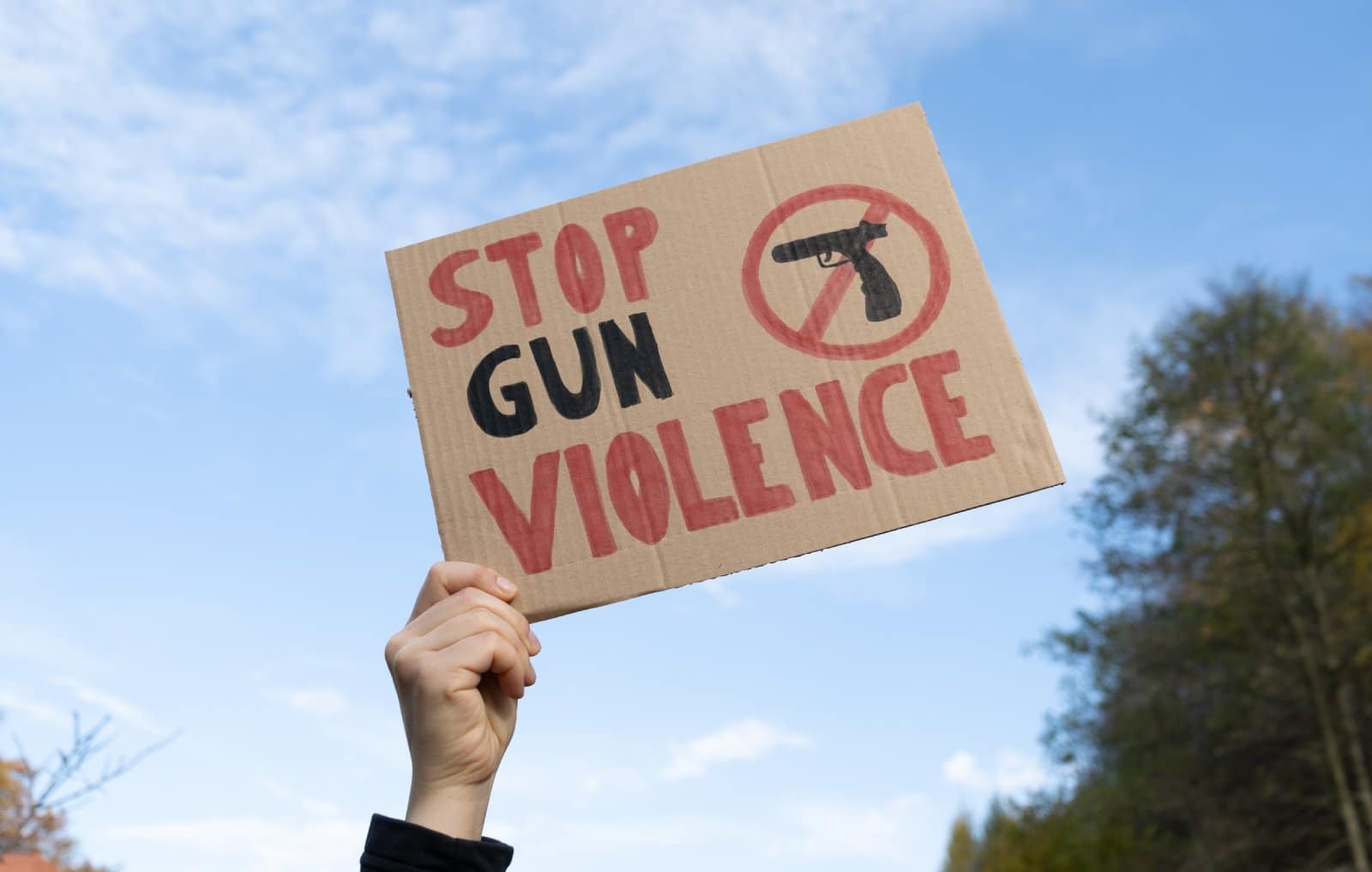
Six in ten Americans perceive gun violence as a significant problem, with expectations of its escalation in the next five years.
A majority also believe it is too easy to legally obtain a gun in the U.S., reflecting growing concerns about gun violence.
#6. Support for Gun Laws
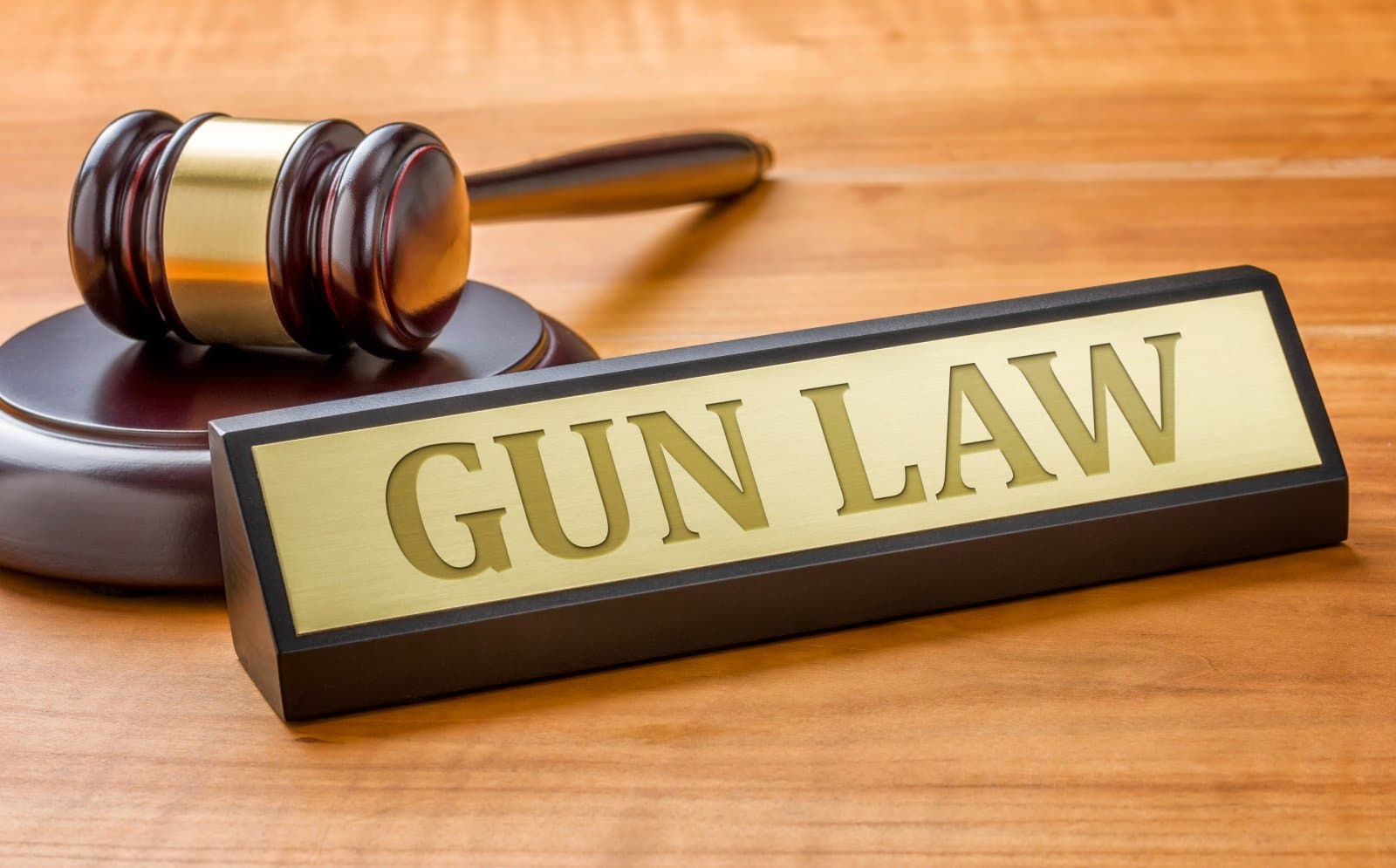
Nearly six in ten Americans support stricter gun laws, with stronger support from women compared to men.
Endorsement for measures such as preventing mentally ill individuals from buying guns and raising the minimum age for gun purchases is widespread across party lines.
#7. Partisan Divide on Gun Policies
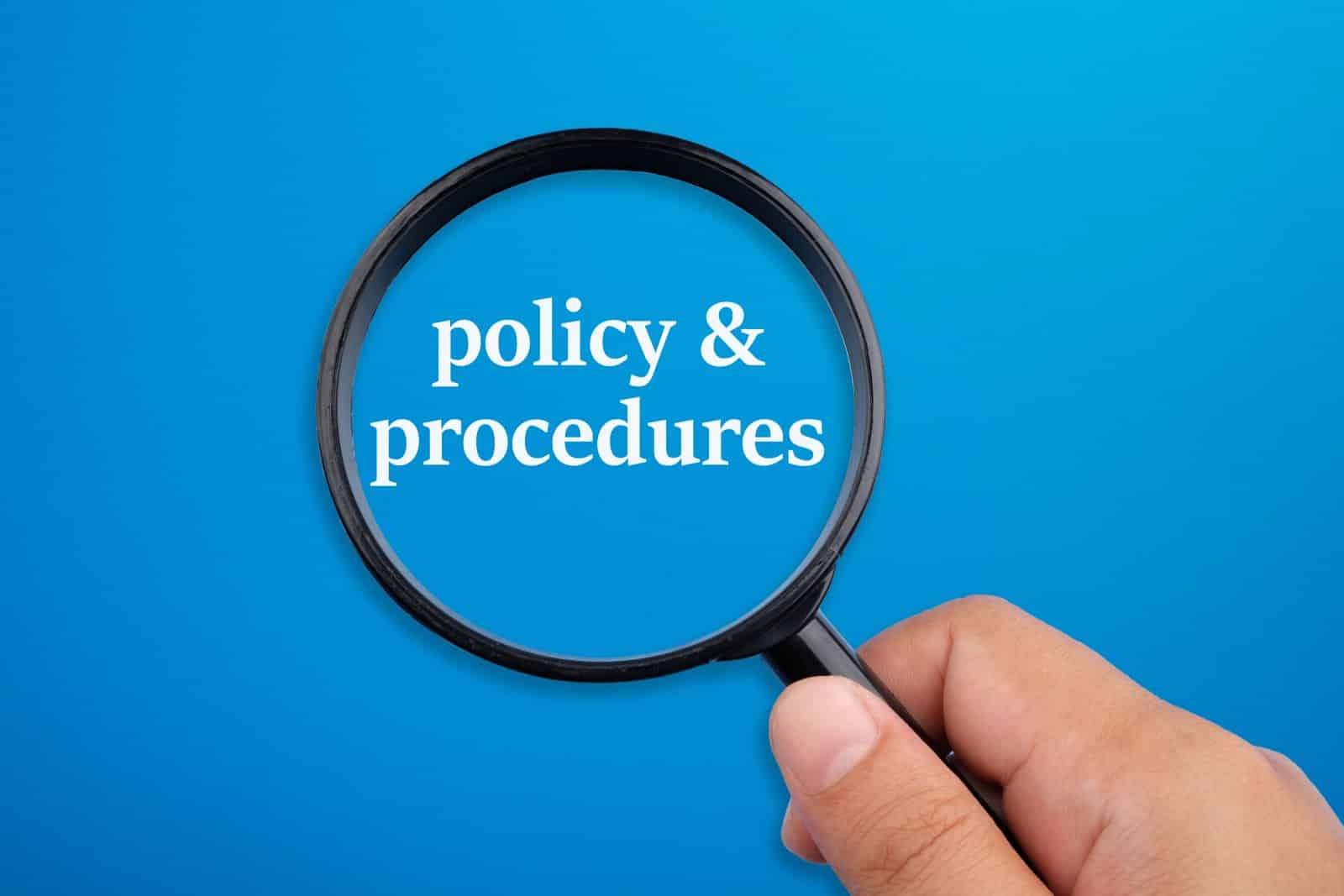
There is a significant partisan divide on gun policy proposals, with Republicans and Democrats differing on issues such as banning assault-style weapons and allowing concealed carry in schools.
Support for various gun policies varies depending on political affiliation.
#8. Differences Within Parties
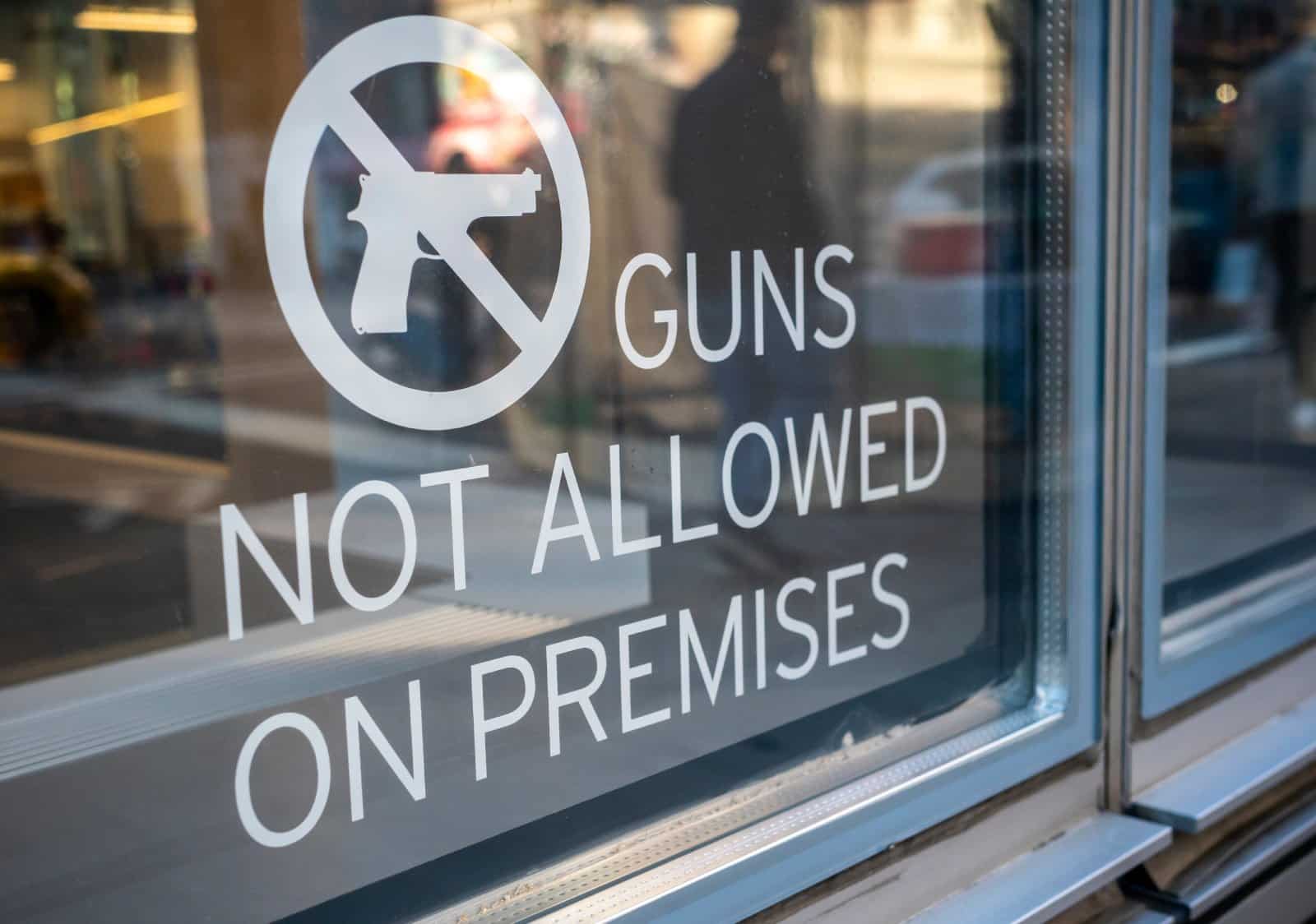
Non-gun-owning Republicans are more likely to support certain gun control measures than their gun-owning counterparts.
Similarly, support for gun restrictions is generally lower among gun owners, except for measures aimed at preventing mentally ill individuals from purchasing guns.
Within both parties, differences between gun owners and non-owners are evident but more pronounced among Republicans.
#9. Regional Disparities in Gun Ownership
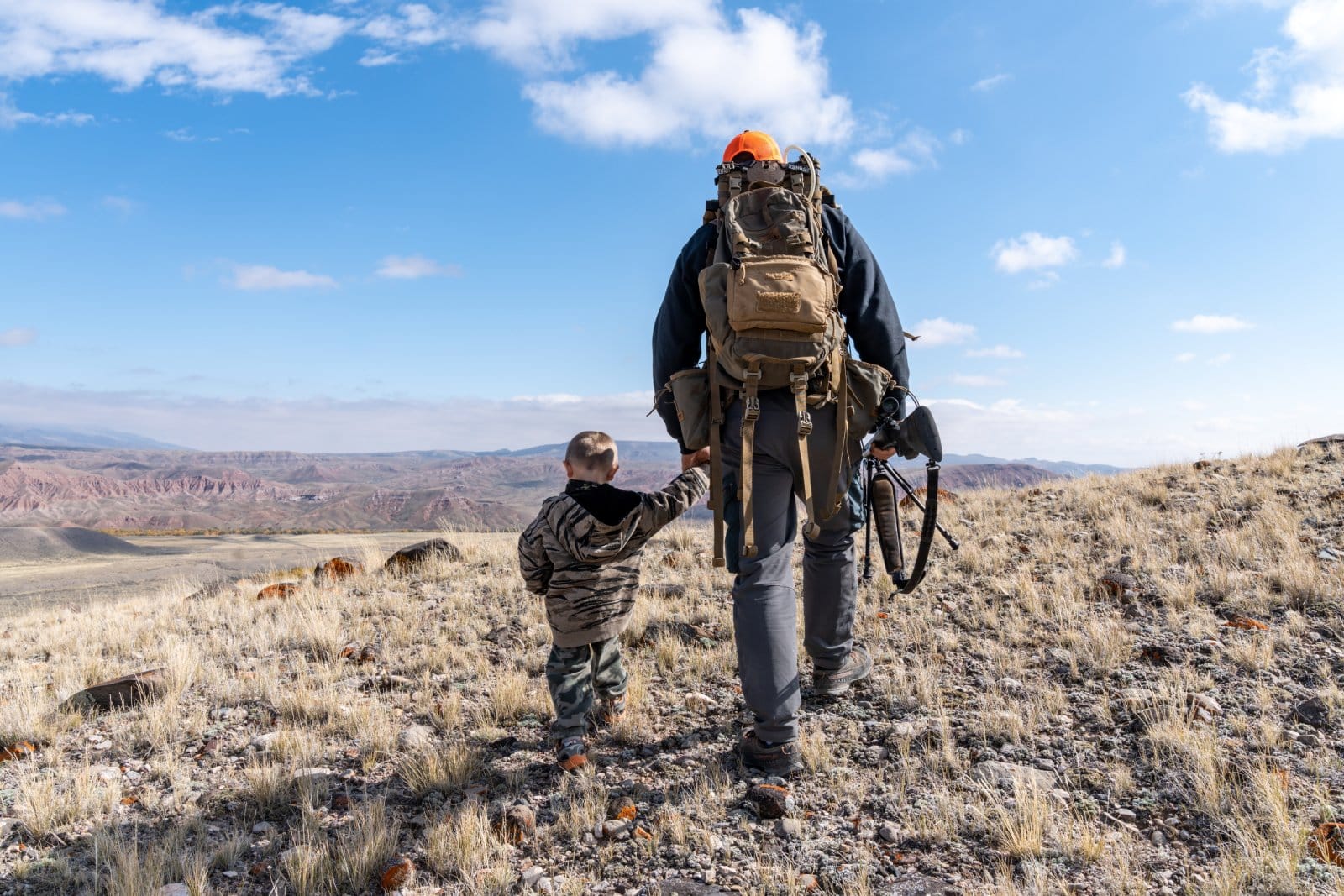
Gun ownership rates vary significantly across different regions of the United States. For example, rural areas typically have higher rates of gun ownership compared to urban and suburban areas.
According to recent surveys, approximately 47% of adults living in rural areas report personally owning a firearm, while the ownership rates are lower in suburbs (30%) and urban areas (20%).
#10. Impact of Gun Ownership on Mental Health

Studies have shown a correlation between gun ownership and mental health outcomes. Research indicates that individuals with access to firearms are at a higher risk of complete suicide and gun-related fatalities.
Moreover, there are concerns about the potential exacerbation of mental health issues in households with firearms, particularly during times of crisis or emotional distress.
#11. Socioeconomic Factors and Gun Ownership
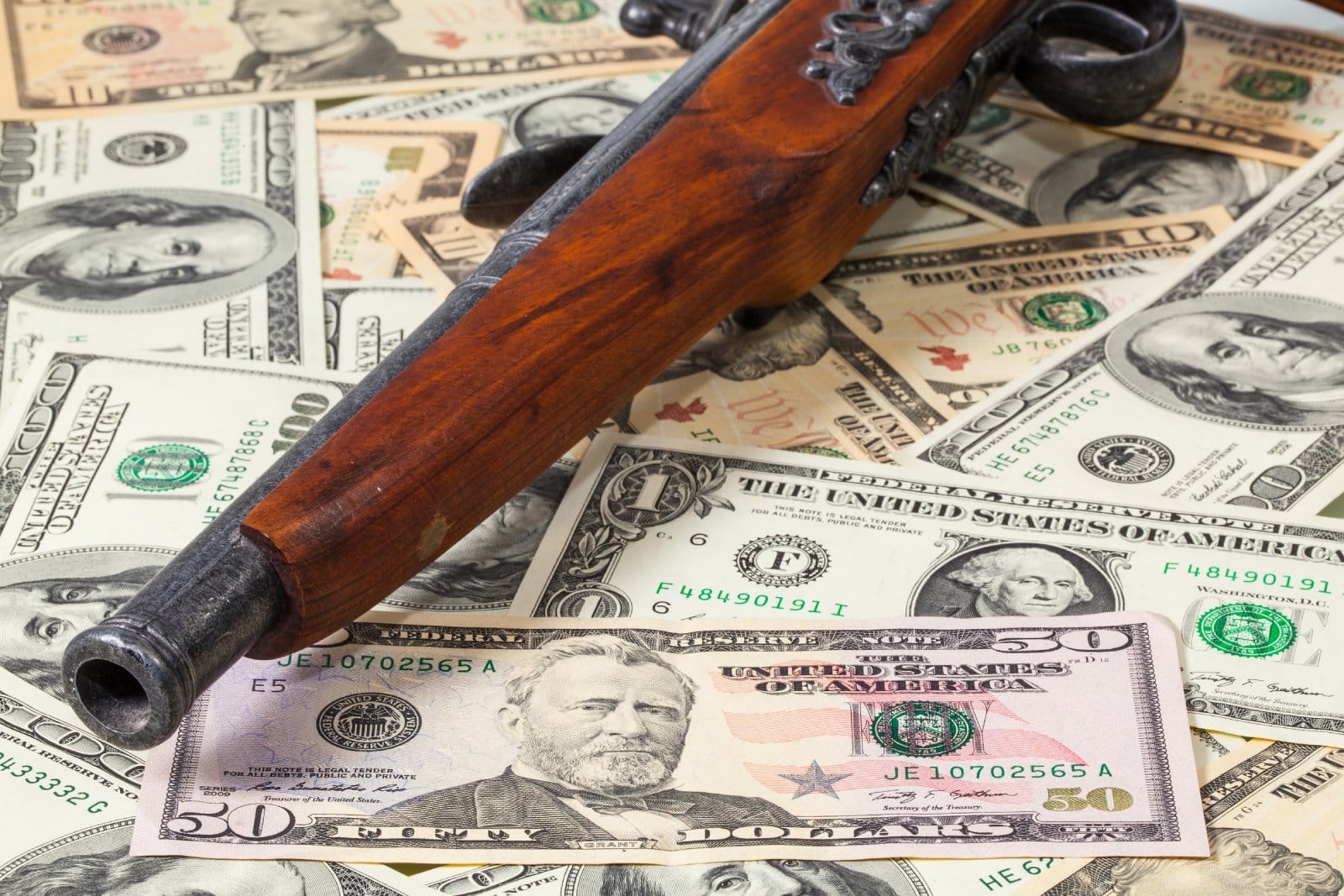
Socioeconomic factors, such as income and education level, also play a role in gun ownership rates.
While there is no clear-cut pattern, data suggests that individuals with higher income levels and educational attainment are more likely to own firearms.
However, disparities exist within racial and ethnic groups, with White Americans having higher ownership rates compared to Black, Hispanic, and Asian Americans across various income brackets.
#12. Cultural Influences on Attitudes Toward Guns
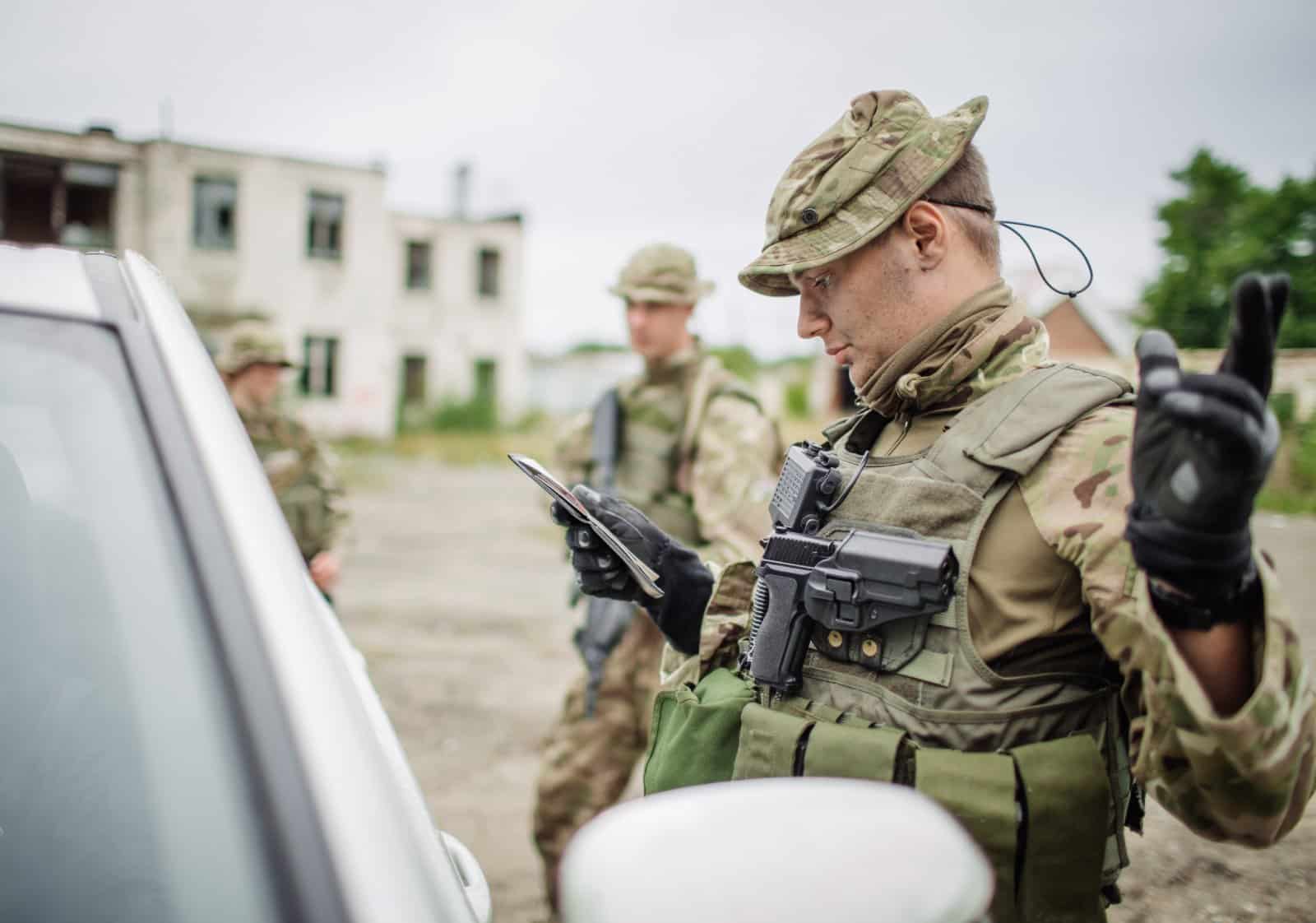
Attitudes towards guns are influenced by cultural norms and traditions, which vary across different regions and communities in the United States.
For example, in some rural areas, gun ownership is deeply ingrained in the culture and seen as a symbol of independence and self-reliance.
In contrast, urban areas may have different cultural attitudes towards guns, shaped by factors such as crime rates and public safety concerns.
#13. Changing Demographics of Gun Owners
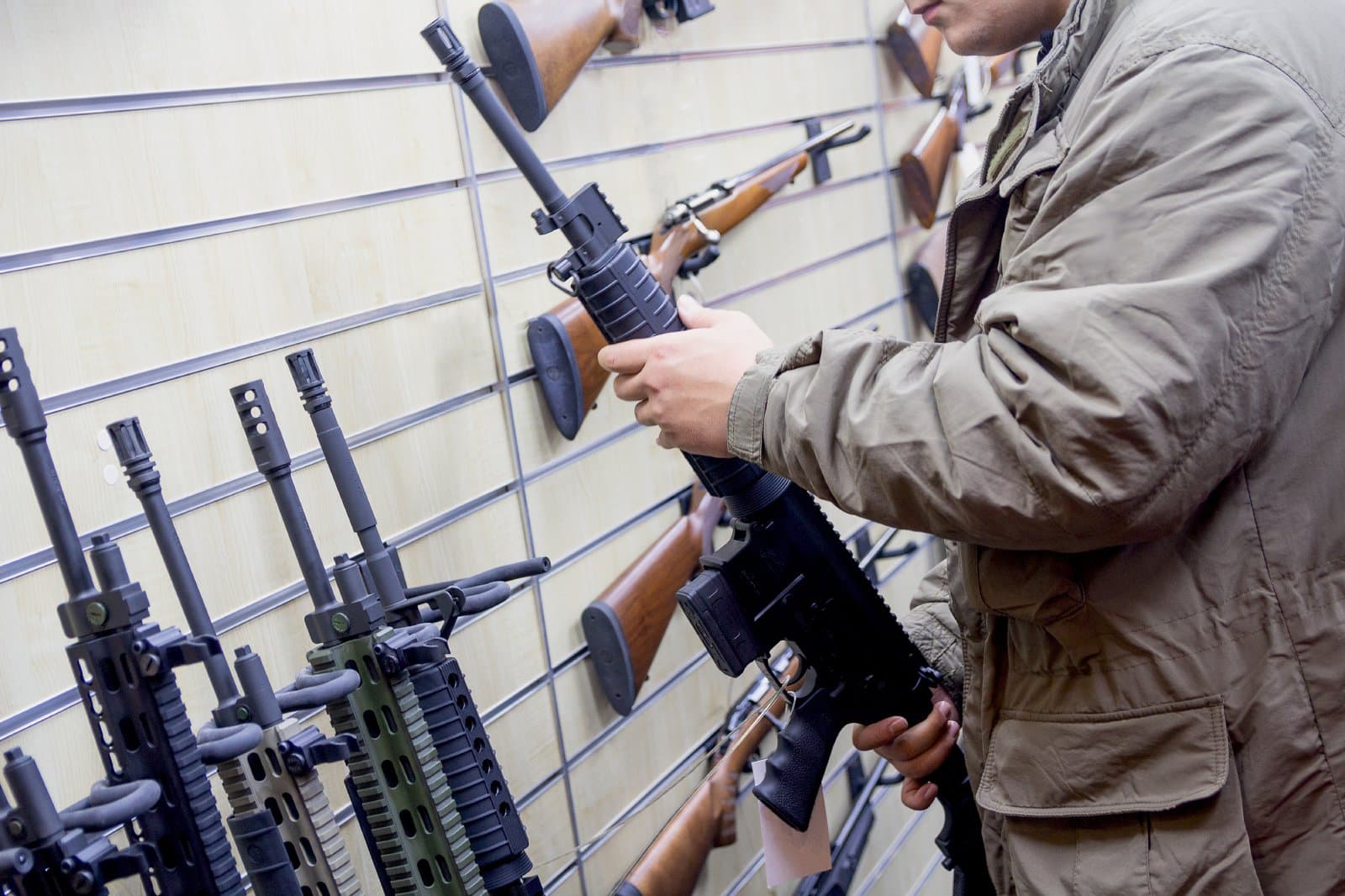
The demographics of gun owners are evolving, reflecting broader societal shifts and trends.
While historically, gun ownership has been predominantly male and White, there is evidence of increasing diversity among gun owners, with growing numbers of women, racial and ethnic minorities, and younger individuals acquiring firearms for various purposes, including self-defense, recreation, and sport shooting.
#14. Media Portrayal of Guns and Gun Violence

Media coverage of guns and gun violence can influence public perceptions and attitudes toward firearms.
The portrayal of guns in popular culture, news media, and entertainment often shapes public discourse on gun-related issues, including debates on gun control, gun rights, and the impact of firearms on society.
#15. Gun Ownership and Crime Rates

The relationship between gun ownership and crime rates is complex and subject to debate among researchers and policymakers.
While some studies suggest that higher rates of gun ownership may be associated with increased gun-related crimes, other research findings are inconclusive, with factors such as socioeconomic conditions, policing strategies, and access to firearms playing significant roles in crime trends.
#16. Legislative Trends in Gun Policy
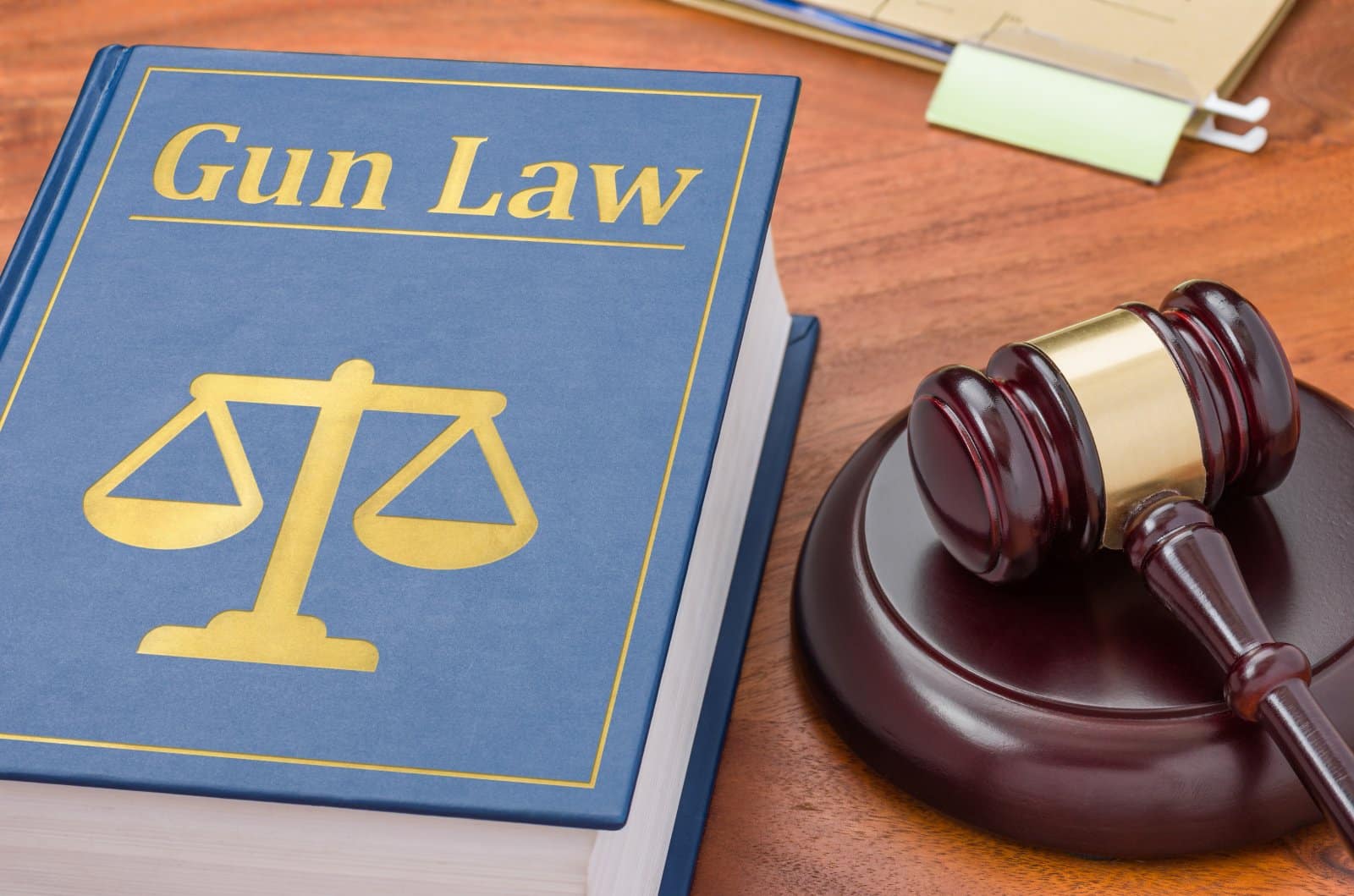
Recent years have seen a range of legislative initiatives at the federal, state, and local levels aimed at addressing gun-related issues.
These include efforts to strengthen background check systems, implement red flag laws, ban assault weapons, and enhance mental health services for individuals at risk of gun violence.
The legislative landscape continues to evolve, with ongoing debates and discussions shaping the future of gun policy in America.
#17. Public Opinion Shifts on Gun Control

Public opinion on gun control has shifted over time, influenced by various factors such as mass shootings, political discourse, and advocacy efforts.
While there is widespread support for certain gun control measures, including background checks and restrictions on high-capacity magazines, attitudes towards broader issues such as the Second Amendment and gun rights remain deeply divided along partisan lines.
#18. International Perspectives on American Gun Culture
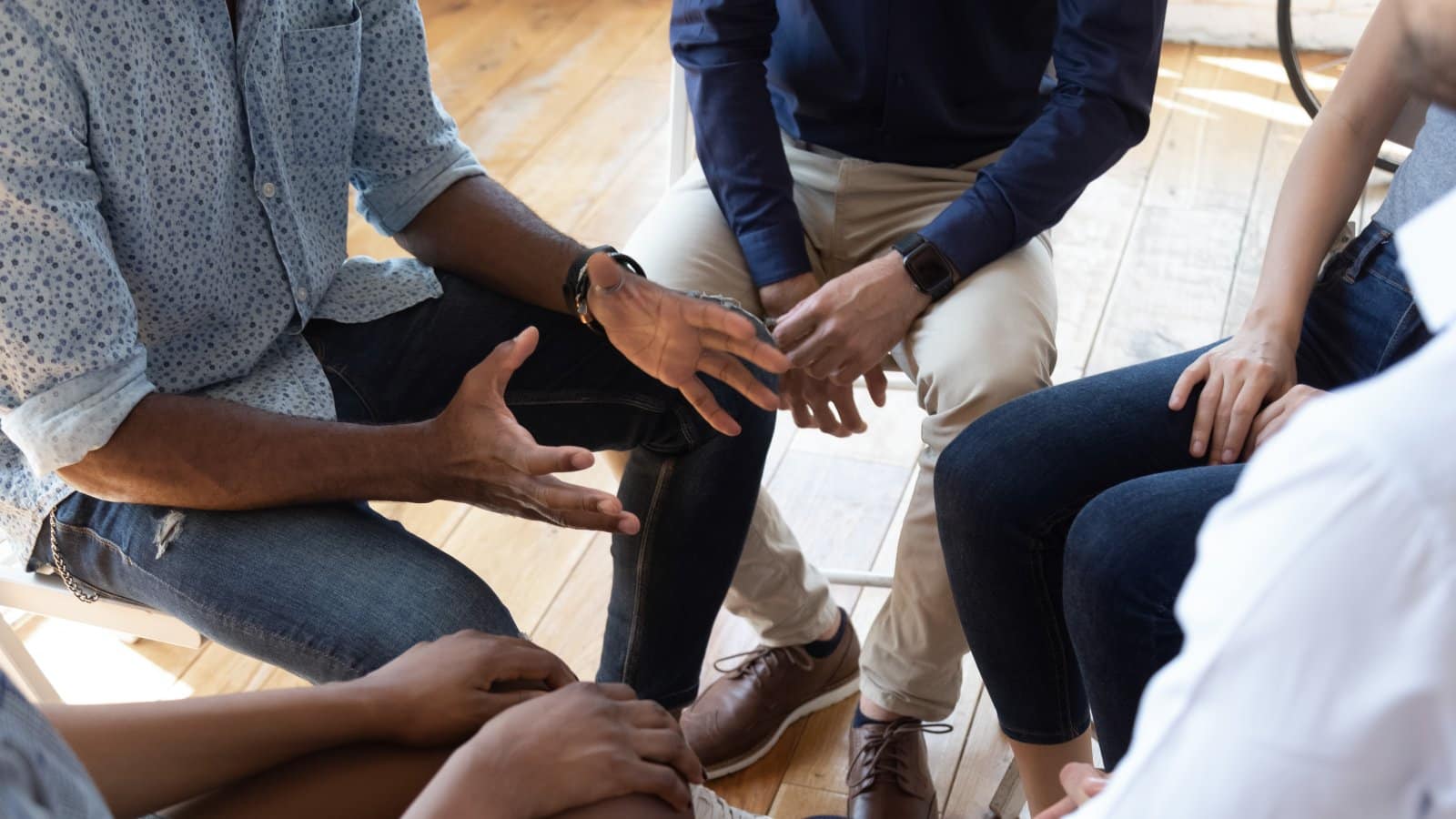
Comparisons with other countries provide valuable insights into America’s unique gun culture and policy landscape.
While the United States has higher rates of gun ownership and gun-related fatalities compared to many other developed nations, differences in historical, cultural, and legal contexts shape varying approaches to gun regulation and public safety measures around the world.
#19. Economic Implications of Gun Ownership

The economic impact of gun ownership extends beyond individual purchases to encompass a range of industries and sectors, including firearms manufacturing, retail, and related services.
The firearms industry contributes to the national economy through job creation, tax revenues, and consumer spending.
At the same time, debates over gun control policies also have economic implications for businesses, policymakers, and communities.
#20. Future Trajectories of Gun Ownership in America
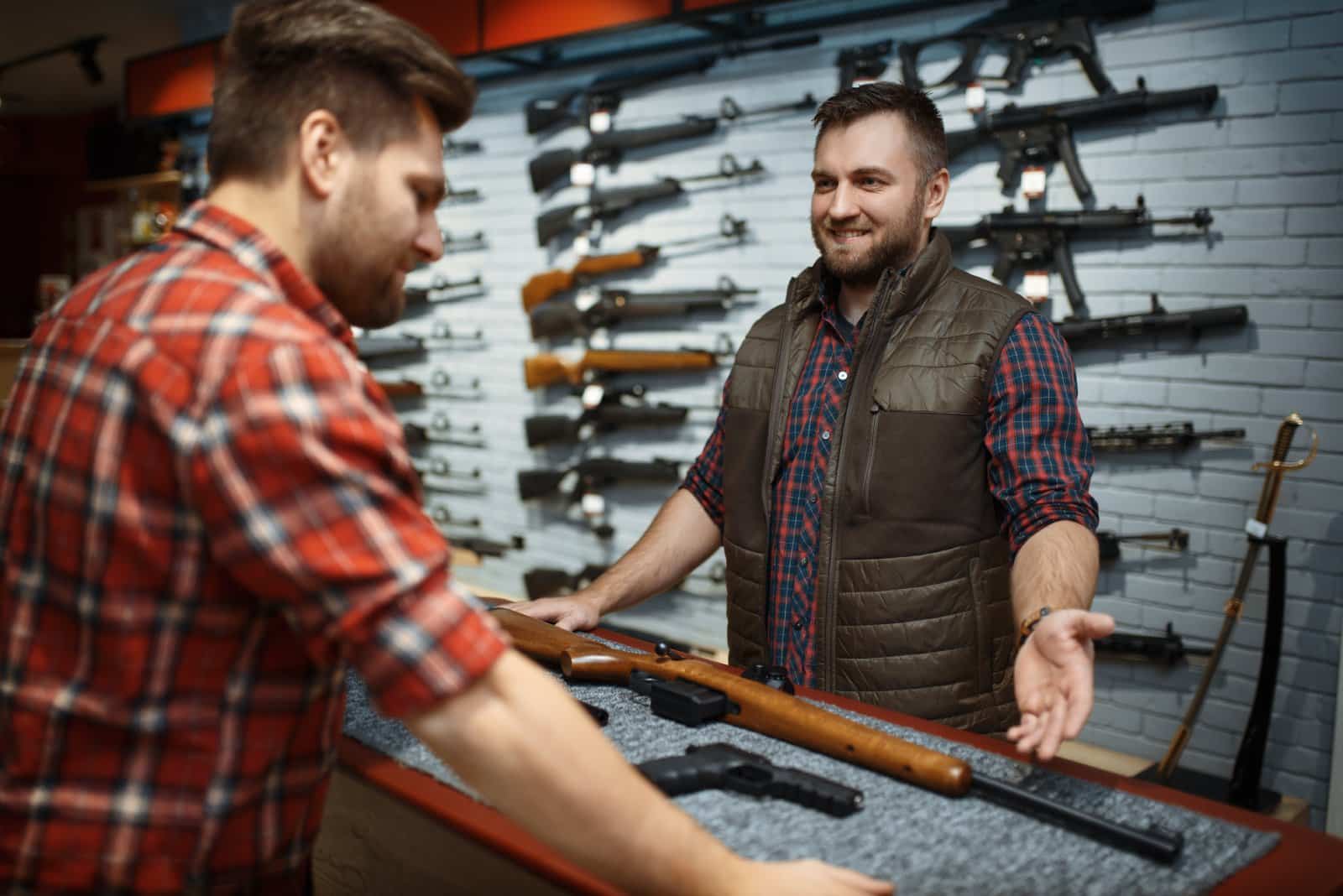
The future trajectory of gun ownership in America is influenced by a multitude of factors, including demographic shifts, technological advancements, legislative developments, and societal attitudes toward firearms.
Emerging trends such as the rise of gun violence prevention advocacy, increased scrutiny of gun-related industries, and efforts to address root causes of gun violence will shape the direction of gun policy and public discourse in the years to come.
Biden’s New 401(k) Rule: Employers Frustrated as Retirement Planning Responsibilities Shift
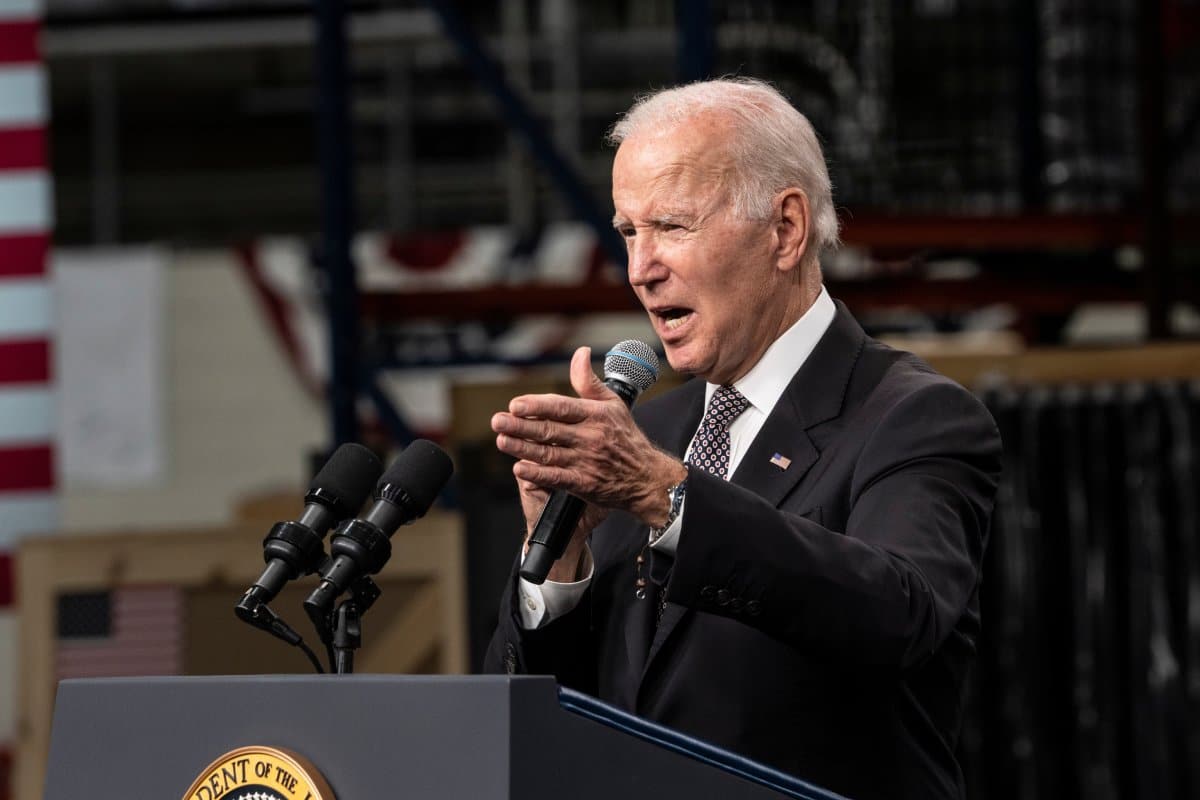
The latest Biden administration rule on 401(k) plans is reshaping how employers manage retirement plans. It’s a complex scenario requiring a fresh understanding of fiduciary duties and provider relationships. This rule aims to protect employees but also imposes new responsibilities on employers. Biden’s New 401(k) Rule: Employers Frustrated as Retirement Planning Responsibilities Shift
Elon Musk: New Immigration Bill ‘Enables Illegals to Vote’

Elon Musk is calling for prosecutions after the text for a new senate bill on immigration was released. Musk accused the new bill of “enabling illegals to vote.” Elon Musk: New Immigration Bill ‘Enables Illegals to Vote’
Colorado Officials Reject Sanctuary City Status, Warn Against ‘Dangerous Game’
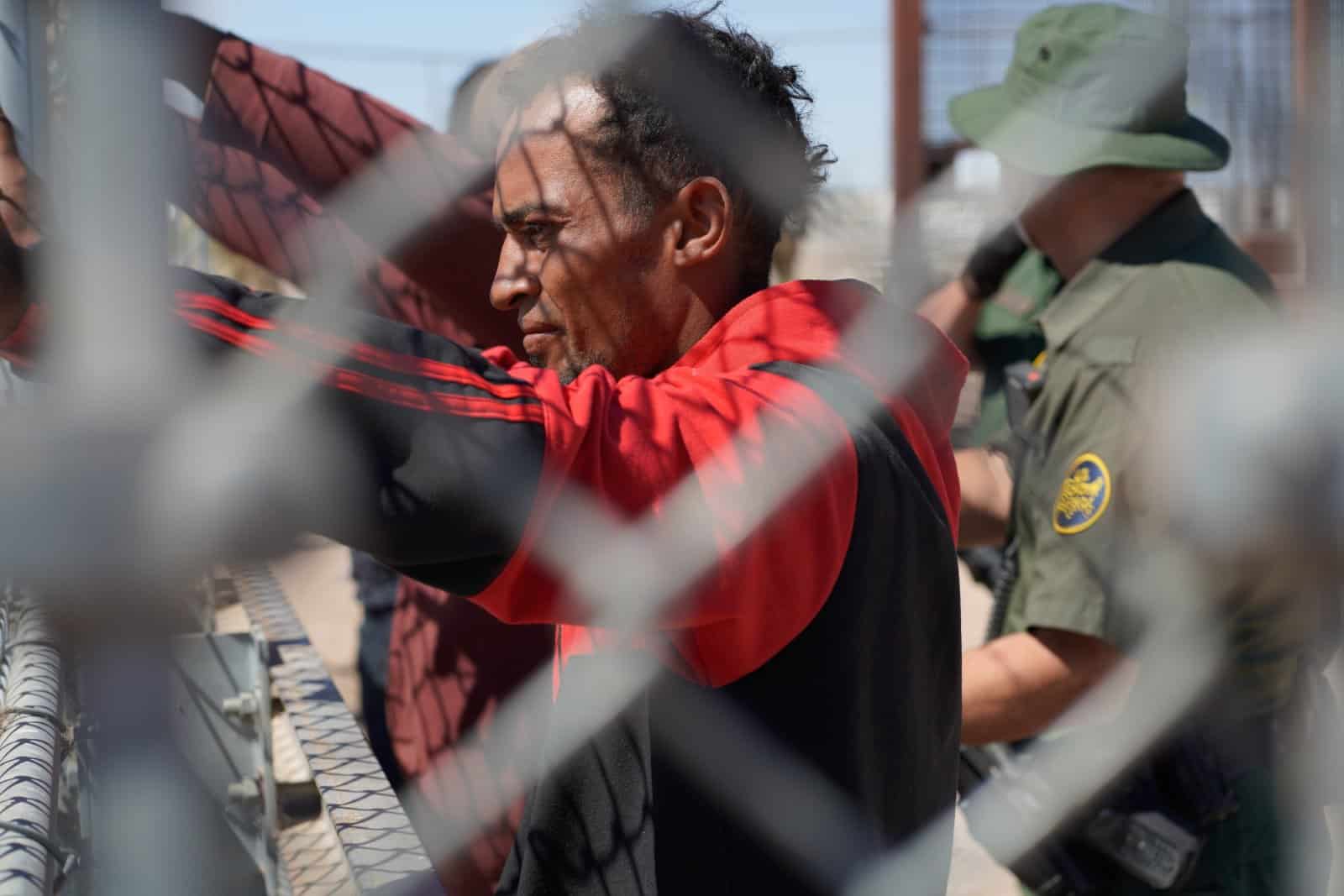
With increasing numbers of migrants arriving in Colorado, public officials have rejected any notion of the state becoming a sanctuary for migrants and asylum seekers. Colorado Officials Reject Sanctuary City Status, Warn Against ‘Dangerous Game’
Disney Challenges DeSantis’ “Don’t Say Gay” Rule With a Hefty Lawsuit
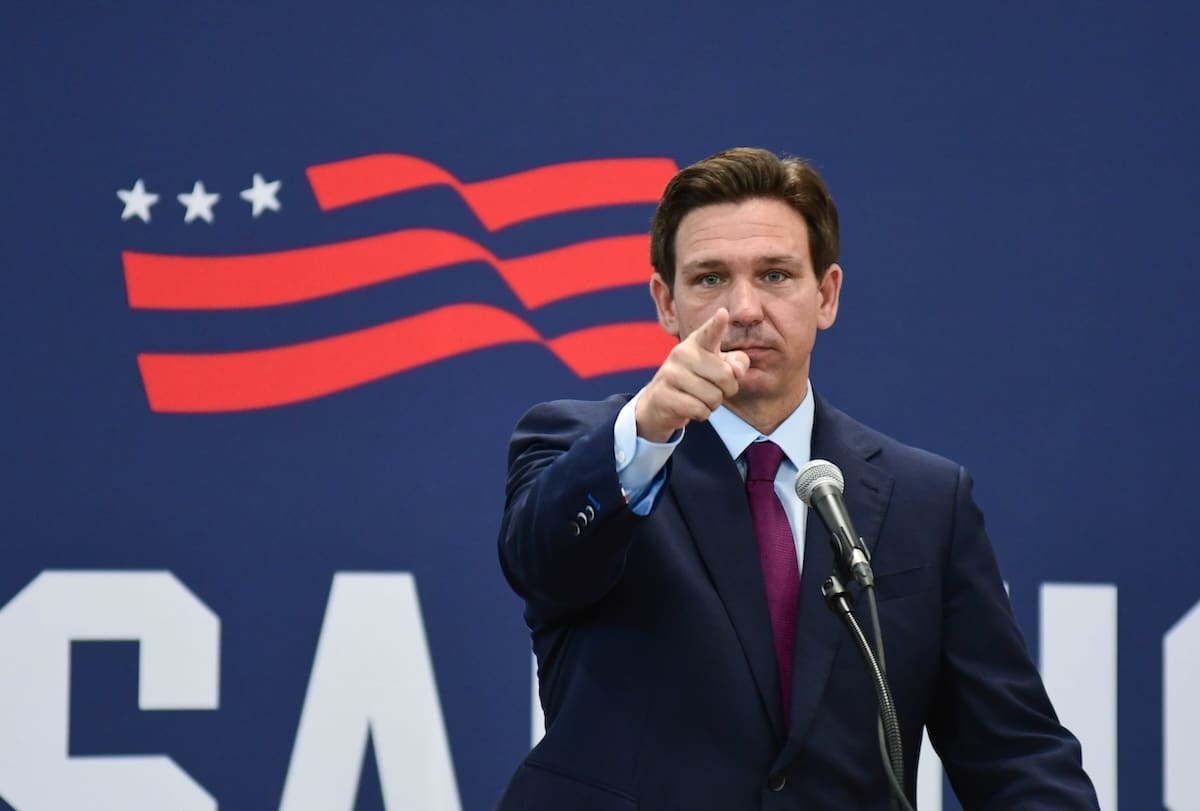
Disney is set to appeal its refusal for a lawsuit against Ron DeSantis, who stripped the company of its rights for disagreeing with the Governor’s views on the teaching of sexual orientation in classrooms. Disney Challenges DeSantis’ “Don’t Say Gay” Rule With a Hefty Lawsuit
Trump on the Attack as 21 Million Americans Flock to Obamacare, Biden Pushes Forward
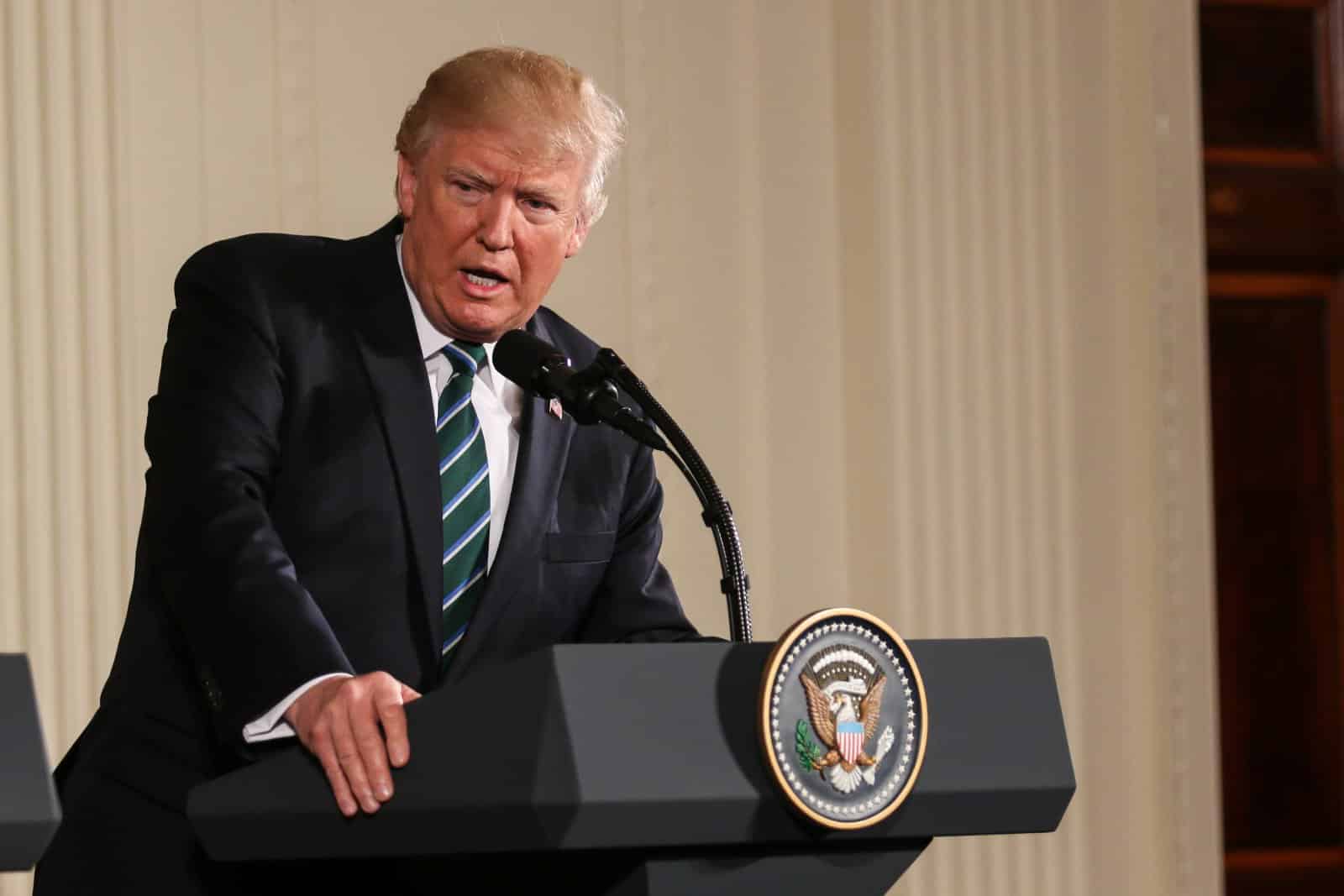
An unprecedented surge in health plan enrollments has reignited former President Donald Trump’s commitment to dismantling the program should he secure the GOP nomination once again. Trump on the Attack as 21 Million Americans Flock to Obamacare, Biden Pushes Forward
The post Gun Ownership Trends in America: Embedded in Cultural and Economic Fabric first appeared on From Frugal to Free.
Featured Image Credit: Shutterstock / Gregory Johnston.
For transparency, this content was partly developed with AI assistance and carefully curated by an experienced editor to be informative and ensure accuracy.
